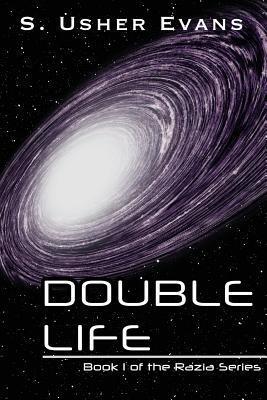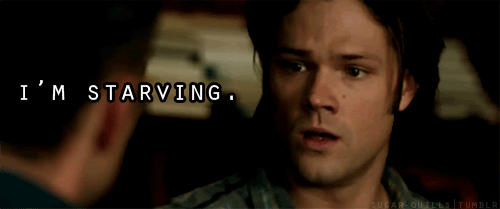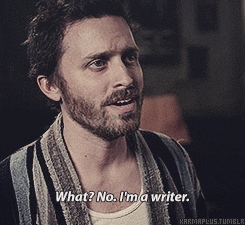I recently drafted a blog post about world building. As I was putting my thoughts down on paper, I realized it was a bit difficult to put everything down about world building that I knew. It’s such a person-specific topic that it’s hard to give general advice. So, rather than post that jumbled mess, I figured I’d break down how I do world building and try to give some advice along the way.
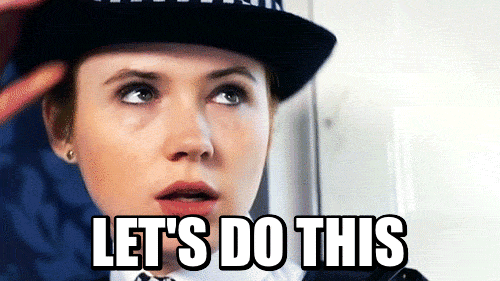
First, I want to preface this by saying I got a minor in history when I was in school. I focused on holocaust studies and histories pre-American Civil War. All of this plays into my novels.
Most of my books have historical settings, likely as a result of my love for history. But also, because it’s much easier to modify a setting/time period that already exists. Let me explain.
When you write an alien civilization or create a world that doesn’t currently exist, you MUST ground your new world in something human. If your world, your characters, even your names are too alien, your readers cannot connect and will therefore lose interest. Think of it like you’re a scientist trying to explain your new discovery to a room full of high schoolers. Some will understand the complexities you’re talking about, but the majority wont.

It’s great to have things that are otherworldly, and alien, and manifestations of your incredible imagination. But at the same time, there must be something recognizable embedded in there. Which is why I like to use historical settings in my novels.
You can take something that already exists and change it to suit your needs. For example, in my standalone novel I’m working on, I have an alien civilization that lives on a watery moon in a made-up solar system, but their town is inspired by Colonial Williamsburg. That way, the world isn’t too overwhelming to understand for my readers. (Plus, I really LOVE Colonial Williamsburg.)
Another thing to remember when building a world is to let your imagination run wild. The best example I have of this is the short-run TV show Defiance. It took three humanoid races (the grounding aspect for watchers) and added incredible intricacies. Sometimes, the best world building is rooted in culture.
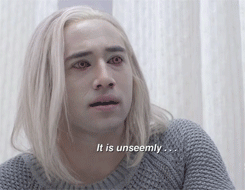
I do this in my Anastasia Series. There are 10 races, each one with their own dimensional world. And each race is based on a culture that exists/once existed. There’s Hinduism, Victorian England, ancient Scottish and Irish, Native American, Renaissance… They form the basis for my characters, upon which I can build and create and give them all intricacies. That way, they’re just recognizable enough for my readers, and yet different enough to cause intrigue.
The best thing to take away from this is to simply have fun. World building might seem overwhelming, but it’s most often the best part of novel writing. Do what you love and the rest will follow.

